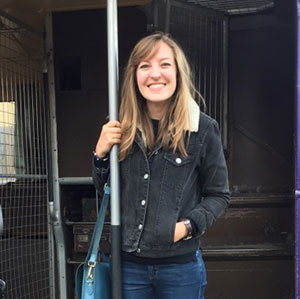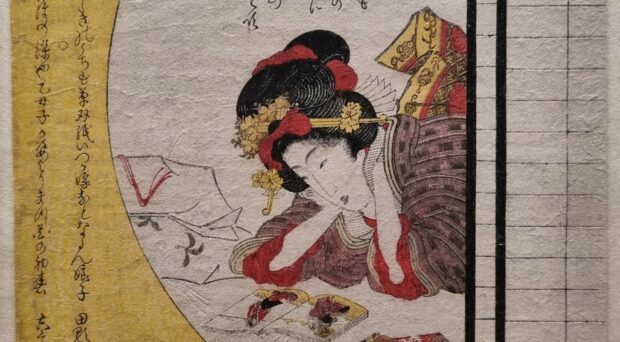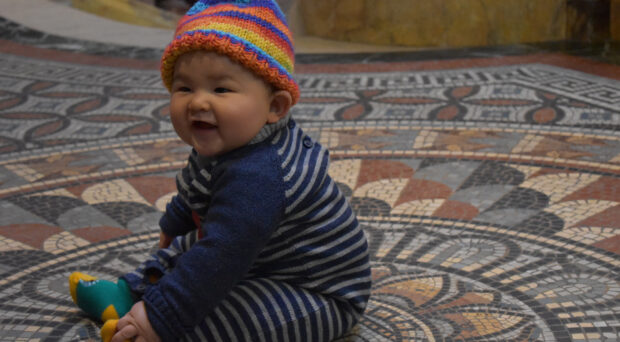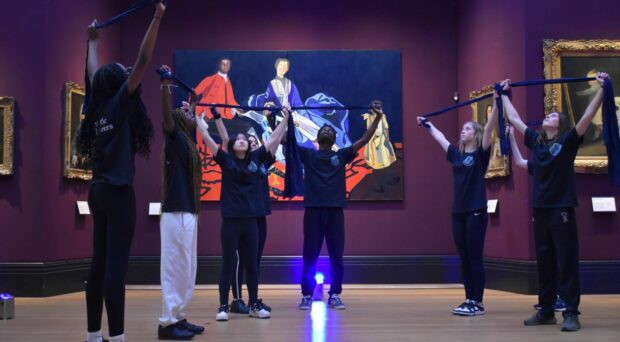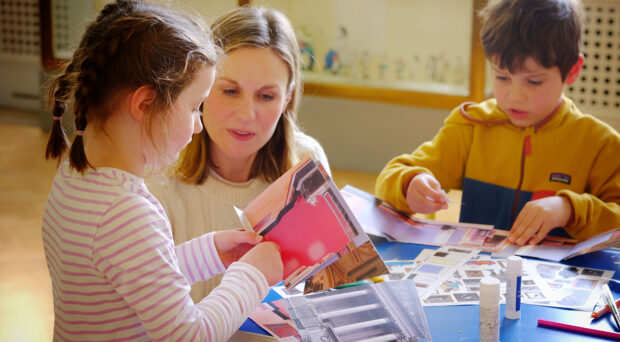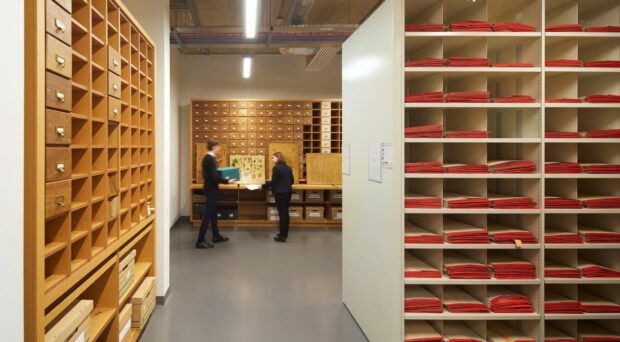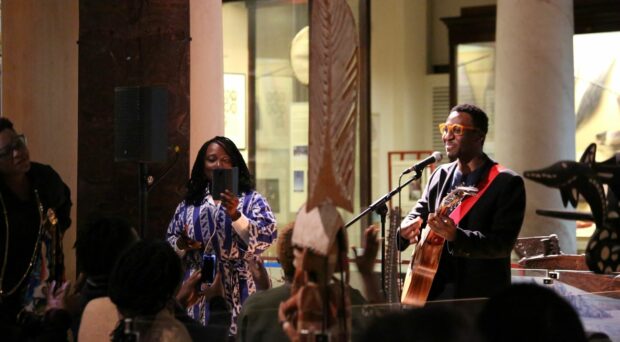During summer 2021, the University of Cambridge Museums (UCM) enjoyed the chance to share our collections with unaccompanied young people seeing asylum, offering opportunities to get creative, to develop their spoken English through conversations in the galleries, to discover their own connections with museum objects and to do something fun during their break from college.
The University of Cambridge Museums (UCM) developed a new partnership in summer 2021 with the Cambridgeshire Virtual School – the dedicated team which supports the education of young people in care and care-experienced young people in our region. When their Post-16 team asked if we’d like to work with them, we were delighted and got to work planning art activities at our museums.
Mixing collections and artforms
Over the course of the summer, we planned a series of five sessions, which would give the young people the opportunity to engage with a range of collections and to try their hand at various artforms. At the Fitzwilliam Museum, we explored the ancient Egyptian galleries, followed by painting designs on papyrus, and made clay sculptures inspired by zoomorphic figurines in the Cyprus gallery. Sara Steele from the Museum of Zoology shared beautiful butterfly specimens with us, which we took as inspiration for designs in lino printing, and Rob Law introduced us to a Mende mask from Sierra Leone at the Museum of Archaeology and Anthropology, before we created masks to represent our own identities. We wanted to give the young people a chance to take part in creative activities, as well as developing their spoken English through conversations stimulated by museum objects. It was also our aim that each young person who attended the sessions would achieve a Discover Arts Award certificate, providing a sense of achievement at the end of the programme.
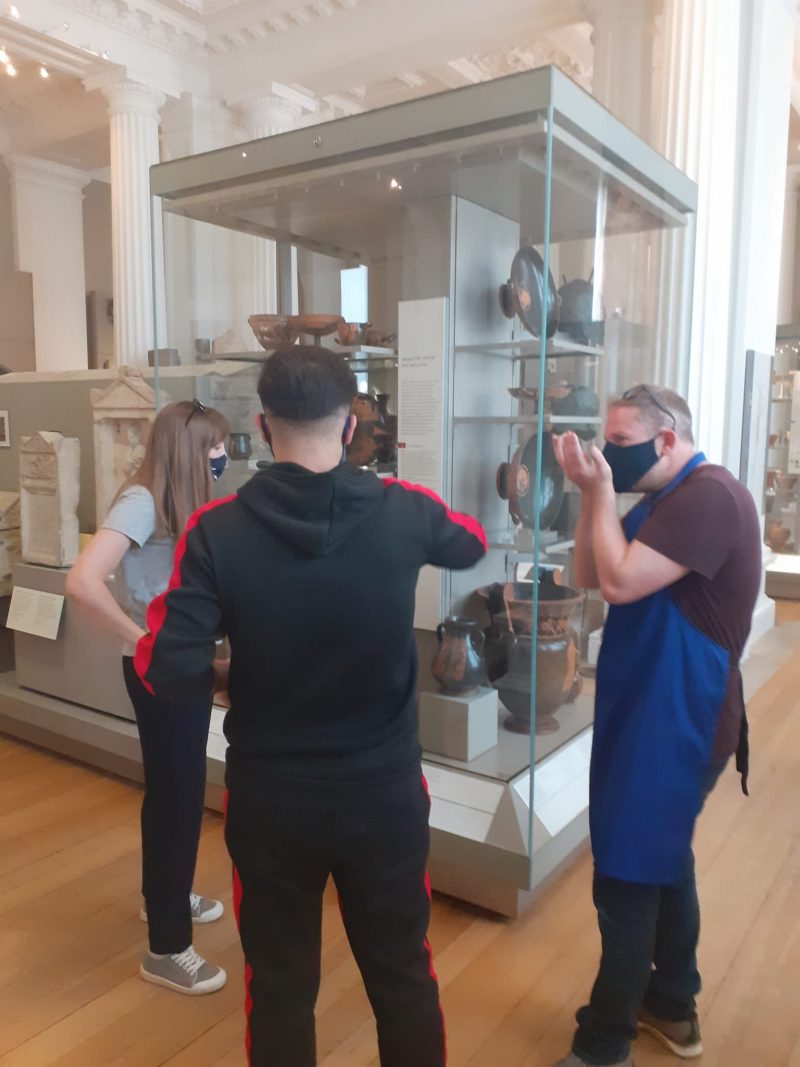
During the sessions, the young people produced fabulous artwork, demonstrating skills in a whole host of artforms. It was such a delight to explore our collections with the young people as they made their own connections between the objects we encountered and their own lives. One young person, a very keen and talented painter, reflected on his inspiration for his own paintings of African landscapes while looking at Monet’s ‘Springtime’. Another young person was prompted by objects as varied as jugs, carpets and ancient Greek amphoras to speak of memories of his life in Iraq.
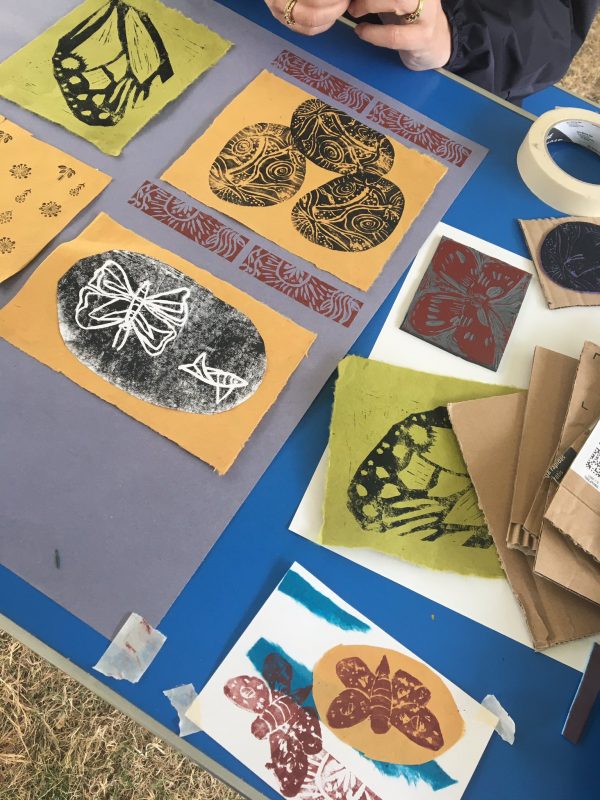
Making an impact: quality over quantity
The number of young people who took part in this pilot was only small, though I wouldn’t say we were disheartened by this. I think all of us involved in these sessions would agree that our priority here was the quality of the engagement rather than the quantity of participants. The response from those who did participate really confirmed our resolve to continue offering these activities. For instance, one participant showed so much commitment to the project that he travelled into Cambridge from Peterborough on the train to take part in the sessions; we enjoyed getting to know this young person over the course of the sessions, and while we were able to share artworks from our collections with him, he, in turn, shared his own wonderful paintings with us which he’d been working on in his spare time. Another participant attended a session which had accidentally been scheduled on the same day as Eid, but explained that he had chosen to attend the session at the Fitzwilliam that day since Eid was a day for doing something special.
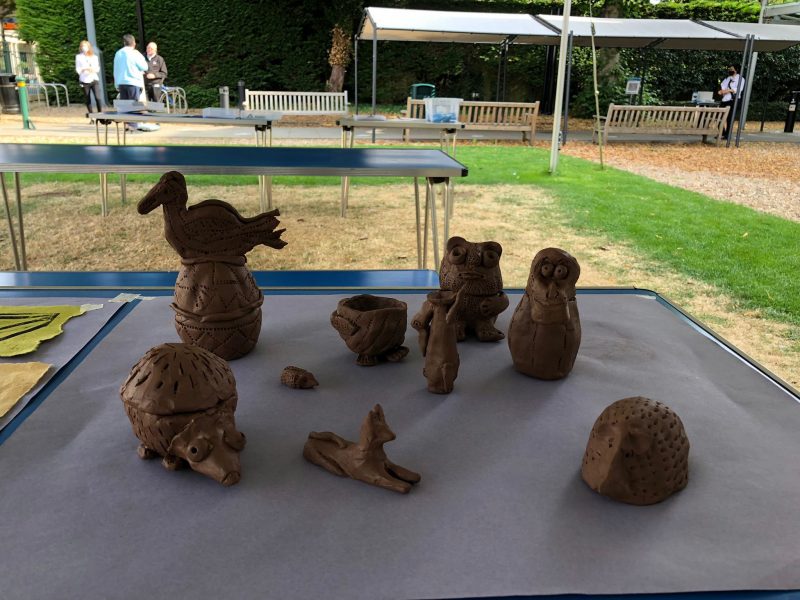
At the end of the programme, we were delighted to award our most keen participant with a Discover Arts Award certificate to celebrate all of his hard work after attending most of the sessions. In the course of the programme, he produced beautiful artwork in a range of media, demonstrating so much talent, and explored the collections of three of our museums. We celebrated with a visit to the Fitzwilliam Museum to present his certificate and a visit to Kettle’s Yard to see the ‘UNTITLED’ exhibition. The Cambridgeshire Virtual School tweeted about his achievement here.
Sarah-Jo Jefford, Aspirations Project Lead at the Cambridgeshire Virtual School, speaks here of the impact of the project on the young people they work with:
“Our unaccompanied children and care leavers lack access to arts and creative opportunities. It was lovely to see them participate in the workshops and see how engaged they were making their own art inspired by the museum exhibits.
A highlight for me was H being really chatty on the way home, talking about exhibits that he linked to his past and saying how much he was looking forward to the next session. He said he wanted to be an artist and that he enjoyed meeting the staff, talking to them about their work and taking part in the different activities. Staff really listened to him and tailored the tours to his interests.”
Lauren Dooley, who supports the work of the Cambridgeshire Virtual School, also describes the benefits of our new partnership:
“Collaborating with the Fitzwilliam Museum has been greatly rewarding for our young people. It has not only given them the opportunity to engage with new art materials and techniques that might not otherwise be available to them, but has also introduced them to the richly diverse collections the Cambridge University Museums have to offer. With the help of expert curatorial guides, it helps the young people build up confidence in navigating a space they might not have otherwise experienced and that can sometimes be quite daunting, all while escaping their everyday realities and exploring the power of creative expression to communicate thoughts and process cultural encounters.”
Next steps
We’re very much looking forward to continuing this partnership with the Cambridgeshire Virtual School and the Unaccompanied Asylum-Seeking Children they are responsible for and we’ve already started planning our next steps. To increase participation, we’re exploring ways to engage with the young people through outreach activities at their ESOL (English for Speakers of Other Languages) provider. In order to build trust and confidence, we’d like to give the young people chance get to know us in an environment they’re used to so that anyone who’d like to take part might feel more secure to attend sessions at the museums in the future. I’m looking forward to involving more of our museums in the next phase in delivering a really exciting and varied offer, and to supporting more young people to achieve Arts Awards as acknowledgement of their hard work. In the first instance we’d like to work with the young people to achieve a Discover Arts Award but we have aspirations to work with some young people over a longer period of time to achieve a Bronze Arts Award in the future.
With many thanks to Sarah-Jo Jefford, Lauren Dooley and John Jordan-Hills at the Cambridgeshire Virtual School for working with us to pilot this activity and to develop the next phase of this work together.

